
Minister of Health Dao Hong Lan and delegates presented gifts to thank voluntary blood donors. Photo: GIA THANG
During this period, people's awareness of blood donation and blood transfusion safety was still very low, even discriminating against blood donors, and families prevented it...
Associate Professor, Dr. Nguyen Ha Thanh, Director of the National Institute of Hematology and Blood Transfusion, said that, in response to this reality, under the direction of the Ministry of Health and the support of the Central Committee for Science and Education (now the Central Committee for Propaganda and Education), the Institute of Hematology and Blood Transfusion under Bach Mai Hospital (now the National Institute of Hematology and Blood Transfusion) organized a ceremony to launch the humanitarian blood donation day in Hanoi. The program also received the support of international organizations, embassies, doctors, and students of Hanoi Medical University at that time. This is considered an important milestone, marking the launch of the humanitarian blood donation movement, now voluntary blood donation, in Vietnam.
In the first year of launching the movement, the amount of blood received nationwide increased significantly compared to previous years with 138,000 units of blood, the voluntary blood donation rate reached 14.5%. After 20 years, from 2014 onwards, the National Institute of Hematology and Blood Transfusion has received over 1 million units of blood each year. The amount of blood received in 2023 was more than 11 times higher than in 1994, the voluntary blood donation rate has now reached 99%..., gradually meeting the health care needs of the people.
Although after 30 years of construction and development, the blood donation movement has increased, people's awareness has changed a lot, from discrimination to pride of voluntary blood donors, but the number of blood donors and the amount of blood received still cannot meet the demand. Dr. Tran Ngoc Que, Director of the National Blood Center, said that currently, on average, 5,500 voluntary blood donors are needed every day nationwide to meet the minimum blood demand for treatment, but currently only about 80% are met. Compared with Thailand with a population of 70 million people, but the number of blood donors is 4%, of which 80% donate 450ml of blood; and is striving to increase the rate of voluntary blood donors to 5%. Meanwhile, Vietnam has a voluntary blood donation rate of 1.5%, mainly donating 350ml of blood.
Therefore, the medical sector and blood collection facilities always need to receive blood to ensure supply to hospitals, for emergency and treatment... Currently, there is still a shortage of blood during the summer, Tet or in remote areas, there is still a phenomenon of asking relatives to donate blood for patients. For example, a report in Thanh Hoa shows that 33% of relatives have to donate blood for patients. Also according to Mr. Tran Ngoc Que, this year, while the amount of blood in the warehouse is still very low, but the Central Institute of Hematology and Blood Transfusion estimates that about 120,000 units of blood are needed for emergency, treatment and coordination for the Mekong Delta region, Can Tho has not yet solved the shortage of blood (1,000 units of blood are supplied each week from the Central Institute of Hematology and Blood Transfusion). Therefore, the Hospital has developed a plan and called on blood donors, especially those with blood type O, blood type A, or platelet donors, to come to blood collection points to donate blood voluntarily.
Regarding some opinions that, to encourage people to donate blood voluntarily, instead of giving gifts in kind as is currently the case, giving cash to voluntary blood donors, the Director of the National Blood Center affirmed that this is going against the trend. “It can be said that the issue of donating blood without receiving compensation is an issue that we have spent many years trying to change people's awareness. The World Health Organization or all international blood transfusion associations also oppose donating blood for money. Because blood cannot be bought and sold, it must come from a humanitarian issue, the issue of helping patients. After 30 years of developing the voluntary blood donation movement, we have had up to 99% of people donating blood without receiving compensation, only receiving gifts in kind or health care packages. If we now return to donating blood for money, it is certainly not possible, going against the world trend,” Dr. Tran Ngoc Que explained.
Mr. Que also believes that voluntary blood donation will gradually not only stop at the movement but become a regular activity, an activity related to caring for patients and people. Donating blood without any purpose will only ensure safe blood. As the World Health Organization has sent out the message, to have safe blood, it must rely on voluntary blood donors, repeat blood donors and regular blood donors. Those who donate blood for money or relatives who donate blood are very unsafe and do not meet the needs for emergency and regular treatment.
After 30 years of developing the voluntary blood donation movement, we have had 99% of people donating blood without receiving compensation, only receiving gifts in kind or health care packages. If we now return to donating blood for money, it is certainly impossible, going against the world trend. (Dr. Tran Ngoc Que, Director of National Blood Center) |
VIET THANH
Source












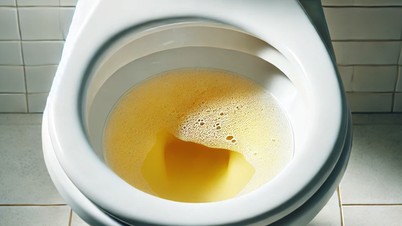

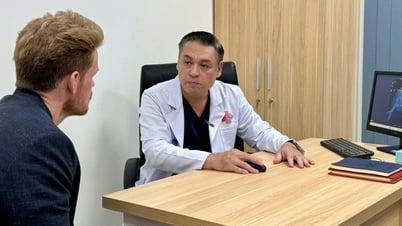
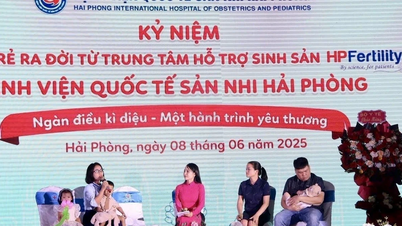





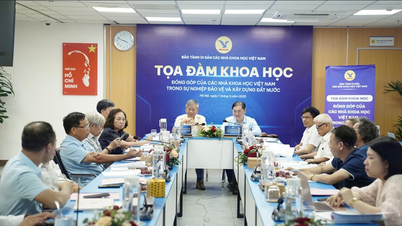



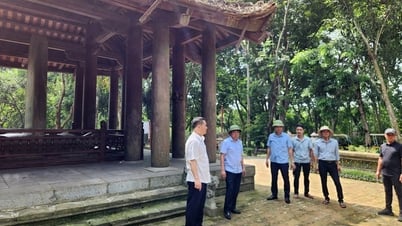










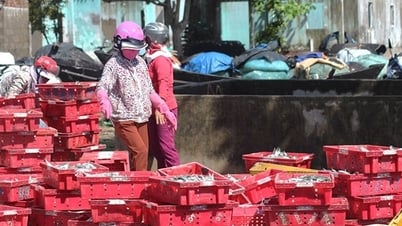
















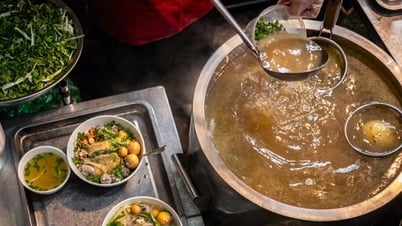

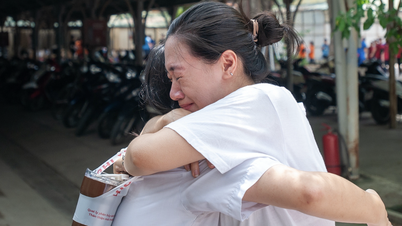

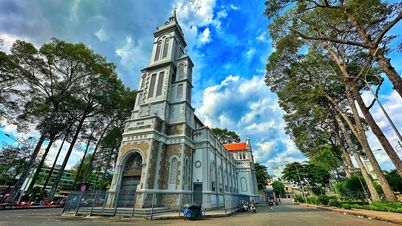



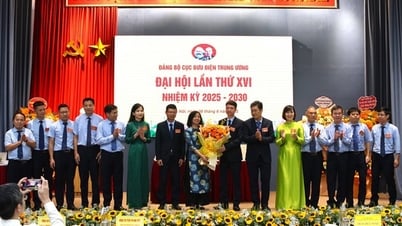






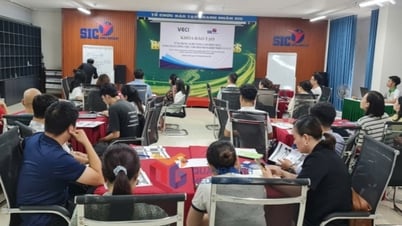

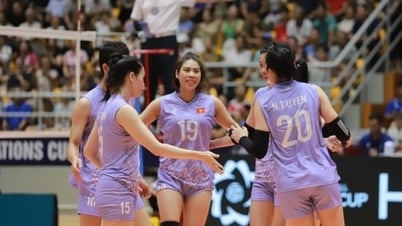

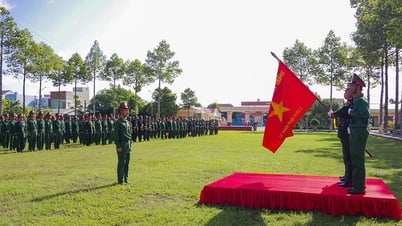

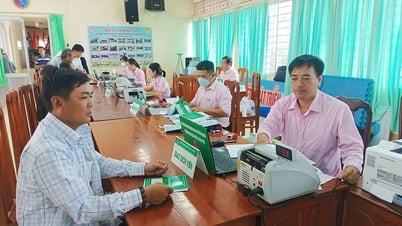
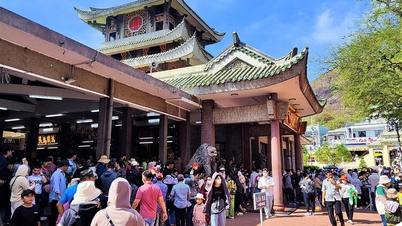
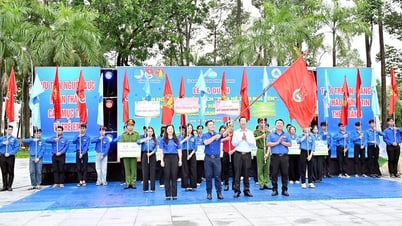
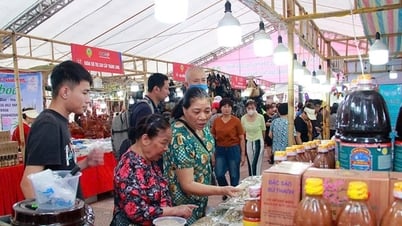








![[OCOP REVIEW] Tu Duyen Syrup - The essence of herbs from the mountains and forests of Nhu Thanh](https://vphoto.vietnam.vn/thumb/402x226/vietnam/resource/IMAGE/2025/6/5/58ca32fce4ec44039e444fbfae7e75ec)

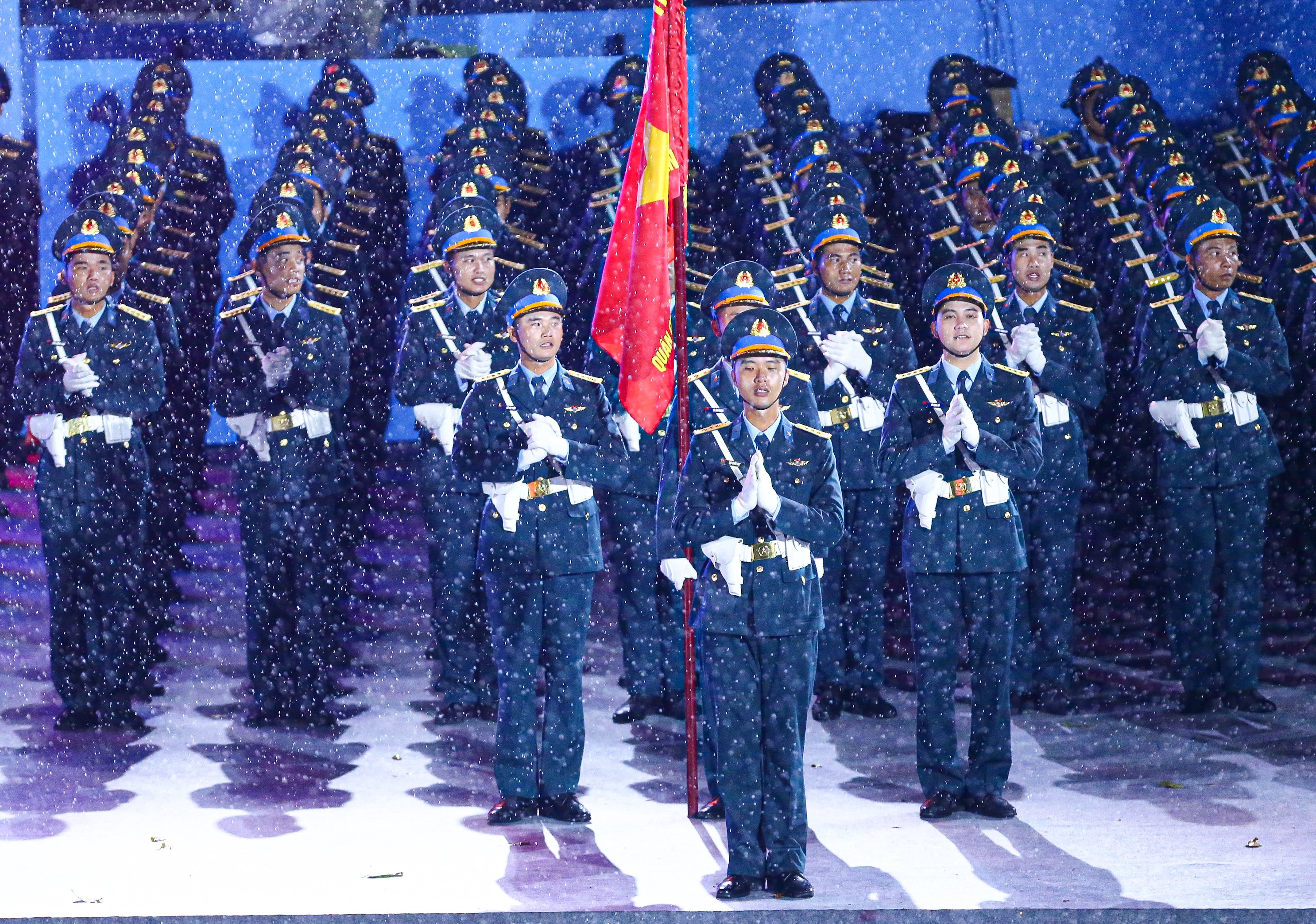
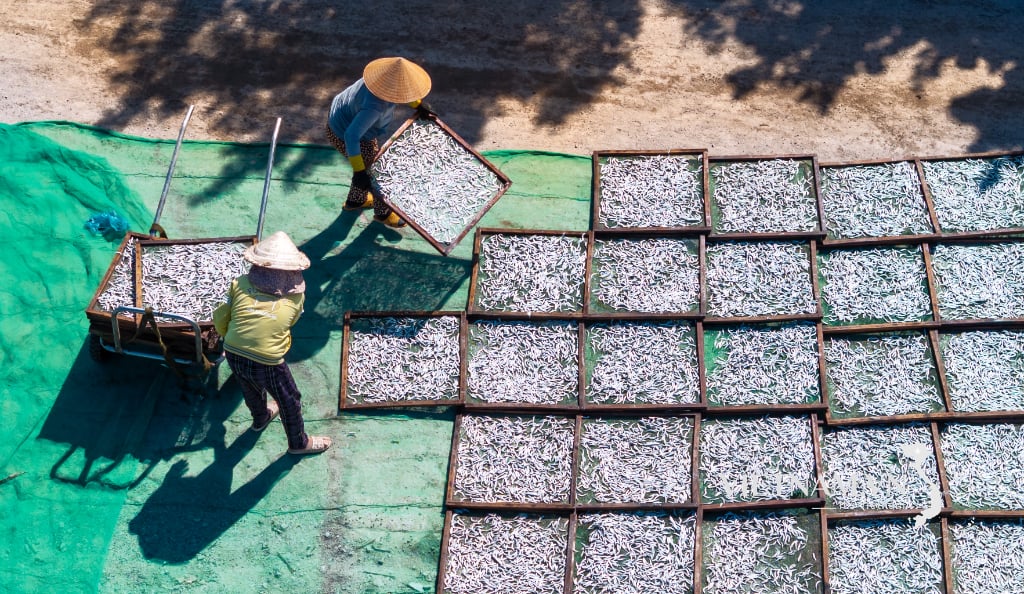
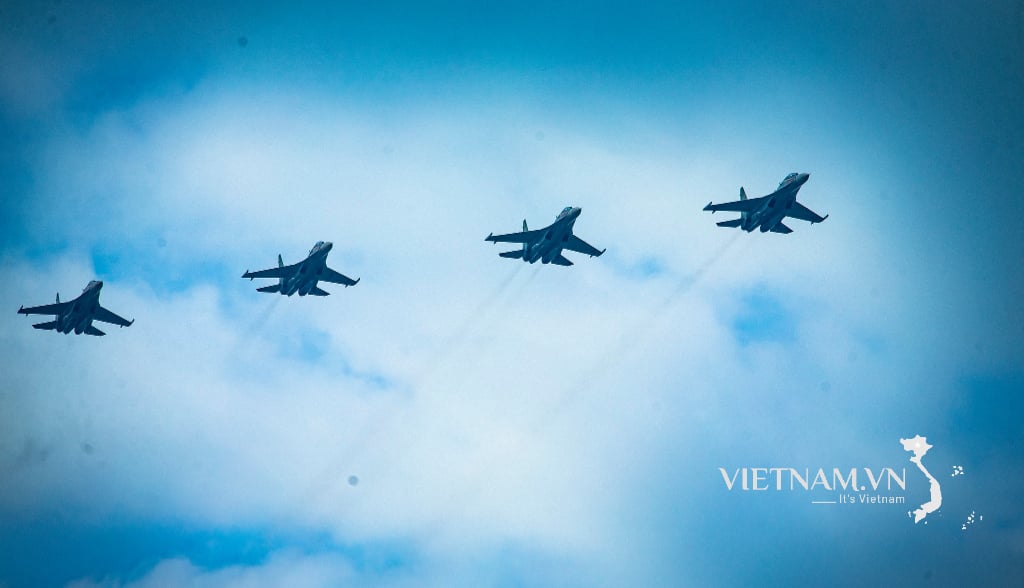

Comment (0)